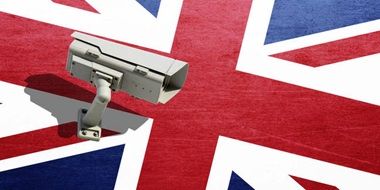More than three-quarters of UK employers admit to using some form of surveillance tech to spy on their remote workers’ productivity. Eighty-five percent of the 1,000 workplaces surveyed said they were using monitoring tools to some extent.
Simple examples include tracking the websites workers visit and the apps they use – more than a third engaged in this – while more invasive approaches involve checking the actual display of the company-issued device in real time. Over a quarter of employers (27 percent) admitted to this, while 15 percent said they went as far as tracking keystrokes.
The most popular form of surveillance was monitoring active work hours, with 54 percent saying this was going on, and employees’ emails and chat logs were also examined by employers (36 percent and 28 percent, respectively). One in five confirmed they track the locations from which employees are working – bad news for the digital nomads.
ExpressVPN carried out the research, so it’s worth remembering the folks over there have a vested interest in making these kinds of findings, and noted that its previous work in 2023 found 78 percent of employers were surveilling staff, so corporate snooping appears to be on the up.
The company’s digital privacy advocate, Lauren Hendry Parsons, said: “These findings highlight an urgent need for greater transparency and trust in the workplace. “Employers must strike a balance between enabling productivity and respecting employee privacy, no matter where their employees are working.”
There are no laws in the UK that specifically mandate technological monitoring of employees, nor is there one that prohibits it. The research suggested 38 percent of Brits didn’t know this was the case and 79 percent believe the government should increase oversight of the practice.
The European Convention on Human Rights and Data Protection Act 2018 both have a role in governing what can and can’t be done by employers, but essentially surveillance is deemed fine as long as it’s proportionate, transparent, and is carried out for a legitimate business purpose.
The UK’s data protection watchdog, the Information Commissioner’s Office (ICO), previously issued guidance on the matter as part of its Employment Practices Code. It states that employees should be clearly made aware of when and how they’re monitored, although compliance with the code isn’t legally enforced.








